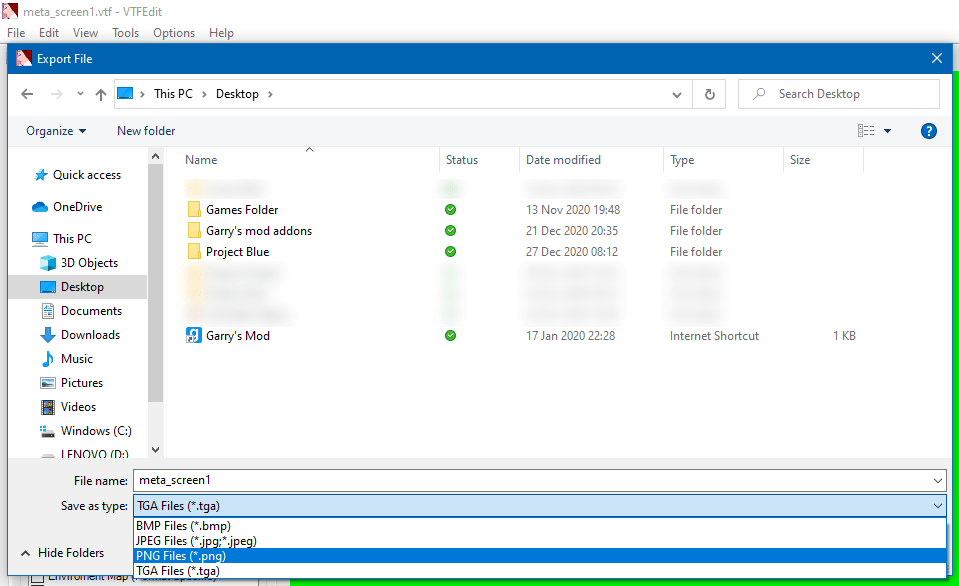

Keep in mind that this folder will mirror what the materials folder will look like when this is done. Make a materialsrc folder in the game directory (e.g. As Vtex takes TGA files, export them to that format.

You can then extract the textures in either the File menu or by right-clicking any of the textures and selecting it from the context menu. To select all of the textures in one, use Ctrl+A or the Select All option in the Edit menu. If there are a lot of textures, it might take awhile. Start by loading your Half-Life WAD into TexMex.

For a large amount of textures, we recommend using Vtex.) 1. (VTFedit can be substituted, but its autogenerated VMTs don't work properly without being edited. TexMex can export textures to TGA these will then be used by Vtex to produce materials. Many tools exist to manipulate WADs the one we'll be looking at today is TexMex, which supports HL1 WADs, despite being a Quake mapping tool. (Model materials are handled in a different way, as GoldSrc model textures are baked into the model itself, unlike in Source.) The name of the game is to take a WAD full of textures and turn them into fully working materials for use in Hammer. While the Valve Developer Community site lists xwad as the official tool to use, it's no longer included in the SDK.
/tga-files-5947d8f05f9b58d58a7c45cb.png)
In the Source engine, these textures are instead separate files with a VMT to denote their properties. The GoldSrc engine, much like the earlier Doom and Quake engines, use one large WAD file to store many textures. A far better and cleaner way to convert these textures can be found in the rewritten "Converting WADs to Materials With xwad" guide. This was one of the Valve Developer Union's very first guides used to test the site, and as such, it's not very good.


 0 kommentar(er)
0 kommentar(er)
